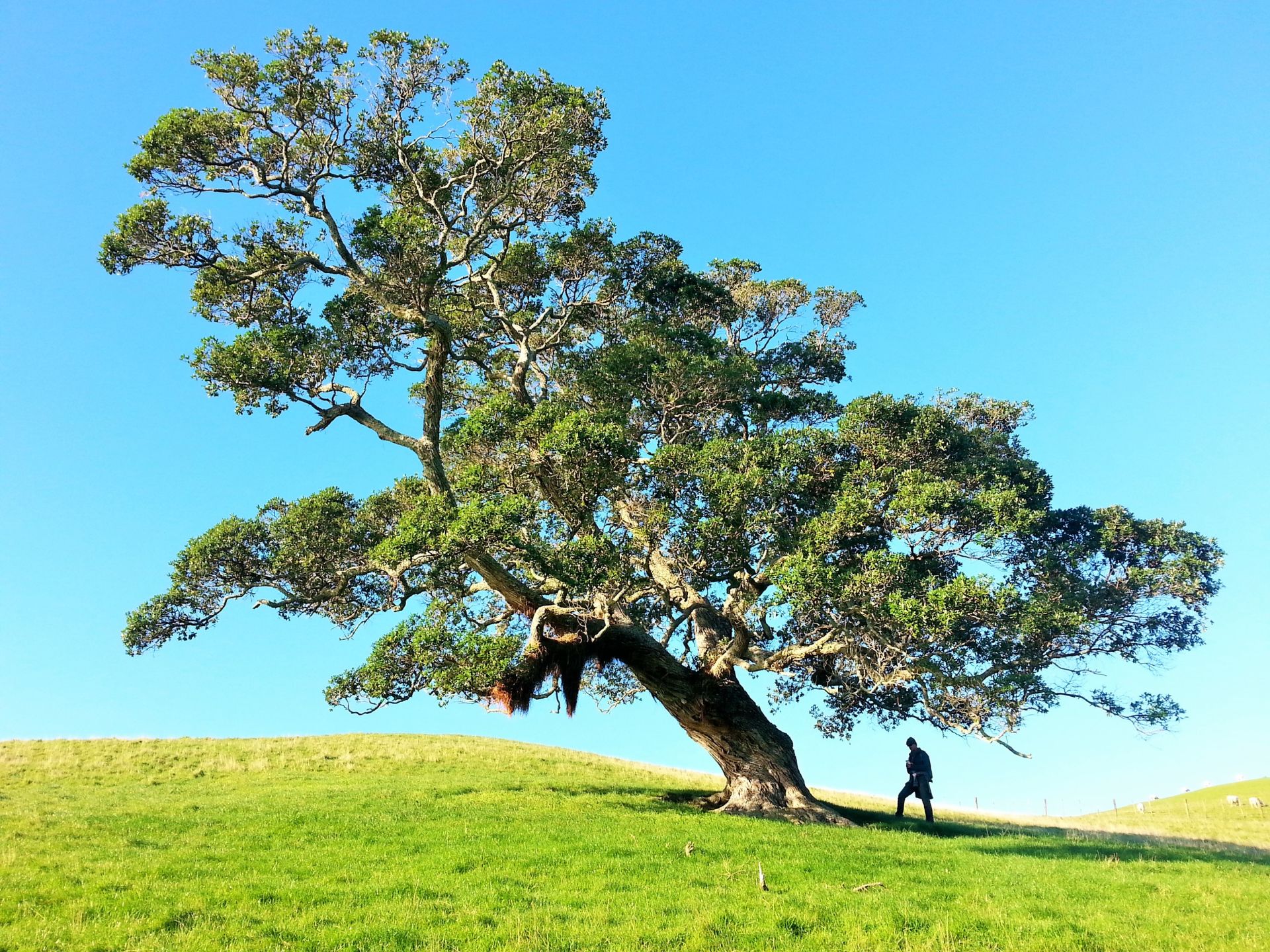Cultivate or Cut Down

More than a dozen years ago we planted a tree in our
front yard. A plum tree. It’s pretty. It provides shade.
And it falls over every single time a storm blows through. It doesn’t just bend, it literally falls over, trunk to the
ground.
With neighborly help, we’ve
rescued our tree time and time again. We’ve dug
the hole deeper, staked it to the ground, trimmed off the top-heavy branches.
And still it falls.
How long will we have compassion on this tree? My husband
and I keep cheering for it, hoping for it, believing it will one day hold its
own. Our son, however, has had quite enough and ruthlessly begs for its
removal.
This reminds me of the parable Jesus told of the
fruitless fig tree, recorded in Luke 13. In this story we meet a tree, a
gardener and the owner of a vineyard. The tree, similar to ours, was
experiencing some difficulty in its little life. For three years, the owner
came looking for fruit on it only to find none. “Cut it down!” he said. “Why should it be wasting the soil?”
The gardener, however, had a different idea. Instead of cutting it down, he
suggested they cultivate it. “Sir,
let it alone for one more year until I dig around it and put manure on it.”
As you might have guessed, I’m a great fan of the
gardener. I jump for joy with a shout of hallelujah over the mercy and kindness
he shows to the tree.
“See!” I want to say to my son, “we must never give up hope. The tree may yet live!”
But I completely (and conveniently?) ignore the gardener’s final words: “If it
bears fruit next year, well and good; but if not, you can cut it down.”
What? No! Permission to cut the tree down? Never!
In all fairness, the owner of the vineyard had a
legitimate question when he asked, “Why
waste good ground with [the tree] any longer?” (verse 7, Message). I noticed,
much to my dismay, that even after a year of specialized care from the
gardener, there was no guarantee the tree would live up to its potential. There
remained a possibility it would go on depleting the soil and blocking the
sunlight, negatively impacting the other trees. A possibility it might have to
be cut down after all.
I do not like this one bit. I want the tree to live. I
want to give it as many chances as it needs.
I’m sure you can guess by now
that I’m a better gardener than
owner, much more prone to cultivate than cut down.
I love to think of the gardener on hands and knees,
diligently tending the tree, coaxing it to life, giving it the nurture and
nourishment it needs. But what, then, is it like for him, after investing all
the time and effort, to step back, step aside, and hand the tree over to the
owner, who just may chop it down?
I’m weeping here, people.
I sense an invitation to view this whole scenario differently. Instead of seeing the owner as the bad guy who shows no mercy, can I view him as the one who has the fuller picture in mind? The longer view? The health of the whole as a priority?
Can I see the fruitless tree’s
removal as a gift and a grace that provides space for what is living or wants
to come forth? Is what feels so hostile to me actually an act of hospitality?
I need to think on this.
I begin to ask a series of questions.
What is taking up too much space in the vineyard of me or my work?
Is there a tree I’m
giving undue attention to, trying to keep alive when its time has passed or
simply may never come?
Is my attachment to this particular tree a hindrance to
the health of the vineyard as a whole?
I honestly don’t want to, but I am trying
to welcome God not only as the gardener who cultivates, cares for, nourishes
and nurtures, but also as the owner, who, for the sake of the whole, knows when
to cut out, cut down or carry away.
I long to know deep in my bones that both actions are for fullness of life. It’s not hostility, but hospitality. God have mercy on the tree of me.

Jenny Gehman is a spiritual director, freelance writer and retreat facilitator. She was trained as a music therapist, but hospitality is her heartbeat. She is a firm believer in the wild, wide-open, warm-hearted welcome of God, our “Holy Host,” and believes it is at God’s table we are healed and made whole. Jenny lives in the Amish Country of Pennsylvania with her husband, son, and usually a visitor or two. She enjoys crackling fires, classical music, and chocolate of the darkest variety. You can learn more about Jenny and sign up to receive her weekly Little Life Words by visiting her website.

